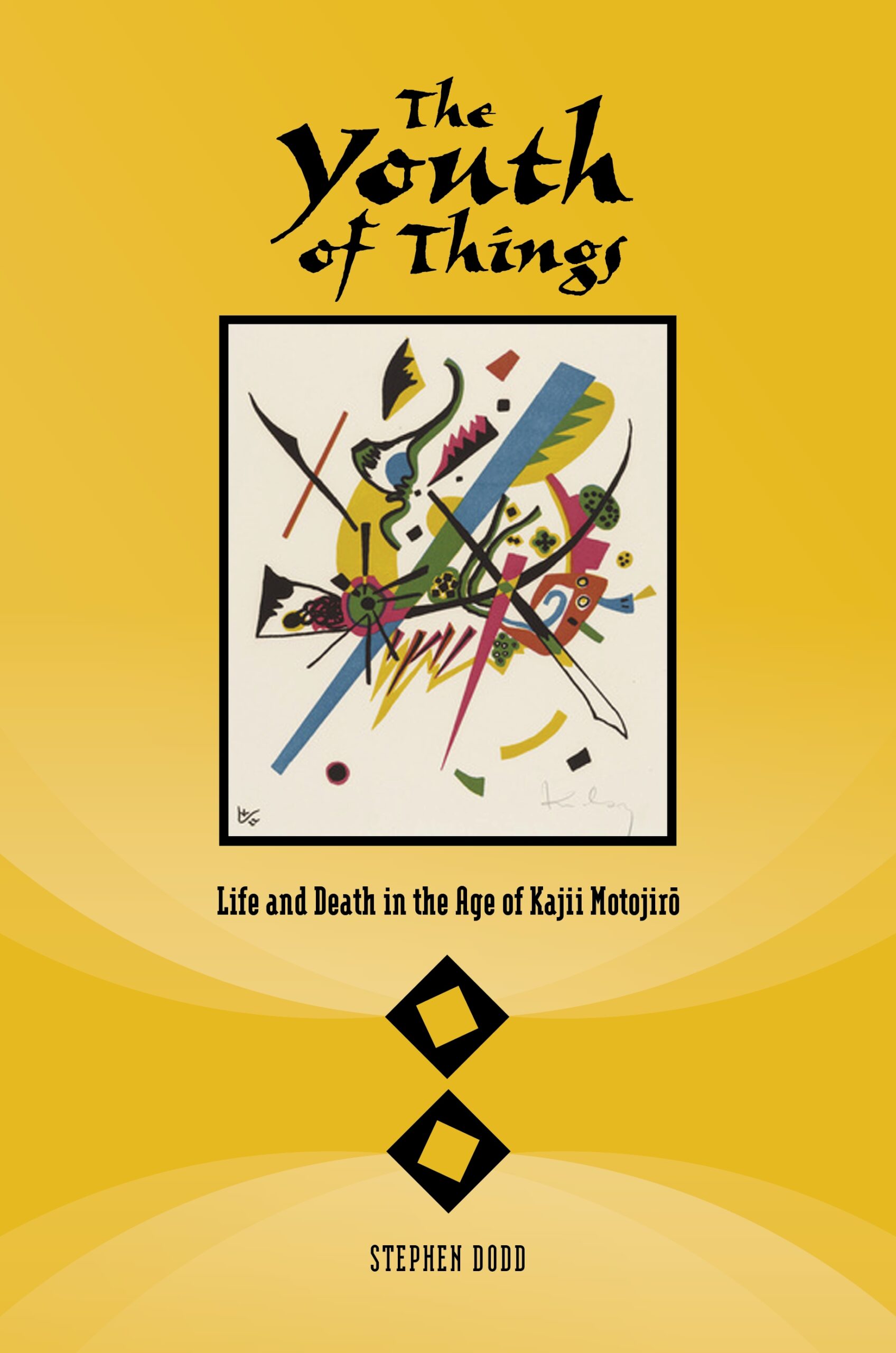The Youth of Things: Life and Death in the Age of Kajii Motojiro
- About the Book
-
When he died from tuberculosis at the age of thirty-one, Kajii Motojirō had written only twenty short stories. Yet his life and work, it is argued here, sheds light on a significant moment in Japanese history and, ultimately, adds to our understanding of how modern Japanese identity developed. By the time Kajii began to write in the mid-1920s there was heated debate among his peers over “legitimate” forms of literary expression: Japanese Romantics questioned the value of a western-inspired version of modernity; others were influenced by Marxist proletarian literature or modernist experimentation; still others tried to create a distinctly Japanese fictional style that concentrated on first-person perspective, the so-called “I-novel.” There was a general sense that Japan needed to reinvent itself, but writers and artists were at odds over what form this reinvention should take. Throughout his career, Kajii drew from these various camps but belonged to none of them, making his work an invaluable indicator of a culture in crisis and transition.
The Youth of Things is the first full-length book devoted to Kajii Motojirō. It brings together English translations of nearly all his completed stories with an analysis of his literature in the context of several major themes that locate him in 1920s Japan. In particular, Dodd links the writer’s work with the physical body: Kajii’s subjective literary presence was grounded first and foremost in his TB-stricken physical body, hence one cannot be studied without the other. His concerns with health and mortality drove him to play a central role in constructing a language for modern literature and to offer new insights into ideas that intrigued so many other Taishō intellectuals and writers. In addition, Kajii’s early years as a writer were strongly influenced by the cosmopolitan humanism of the White Birch (Shirakaba) school, but by the time his final work was published in the early 1930s, an environment of greater cultural introspection was beginning to take root, encapsulated in the expression “return to Japan” (nihon kaiki). Only a few years separate these two moments in time, but they represent a profound shift in the aspirations and expectations of a whole generation of writers. Through a study of Kajii’s writing, this book offers some sense of the demise of one cultural moment and the creation of another.
- About the Author(s)
-
Stephen Dodd, Author
- Reviews and Endorsements
-
- This critical study provides a welcome addition to existing scholarship on this period in Japanese literary history, so frequently dominated by studies of more canonical writers. . . . Together, the eighteen stories offer a well-rounded picture of the breadth and depth of Kajii’s brilliant, if short-lived literary career.
—Bulletin of the School of Oriental and African Studies - Stephen Dodd’s The Youth of Things forces reflection on the state of Japanese literary studies in the English language, not because it is typical of work being done today or an exemplar for future scholarship, but because it highlights the difficulties, decisions, and positions that cultural scholarship in area studies must engage and overcome. . . . The Youth of Things offers the opportunity for English-reading audiences to access more of Kajii than ever before, including some of his more obscure stories for the first time and in one place.
—Journal of Japanese Studies - “Kajii is one of the finest stylists in modern Japanese literature, and the field has long needed a thorough study of his art to provide a proper assessment of his achievement. The Youth of Things provides a balanced, thoughtful, and sensitive approach to Kajii’s life and works, illuminating their significance for readers and opening a range of possibilities for interpretation. Dodd has also done a marvelous job at rendering eighteen of Kajii’'s major stories into polished English, and so the volume creates a wonderful dynamic between criticism and appreciation.” —Dennis Washburn, author of Translating Mount Fuji: Modern Japanese Fiction and the Ethics of Identity
—Dennis Washburn, author of Translating Mount Fuji: Modern Japanese Fiction and the Ethics of Identity
- This critical study provides a welcome addition to existing scholarship on this period in Japanese literary history, so frequently dominated by studies of more canonical writers. . . . Together, the eighteen stories offer a well-rounded picture of the breadth and depth of Kajii’s brilliant, if short-lived literary career.
- Supporting Resources
-





